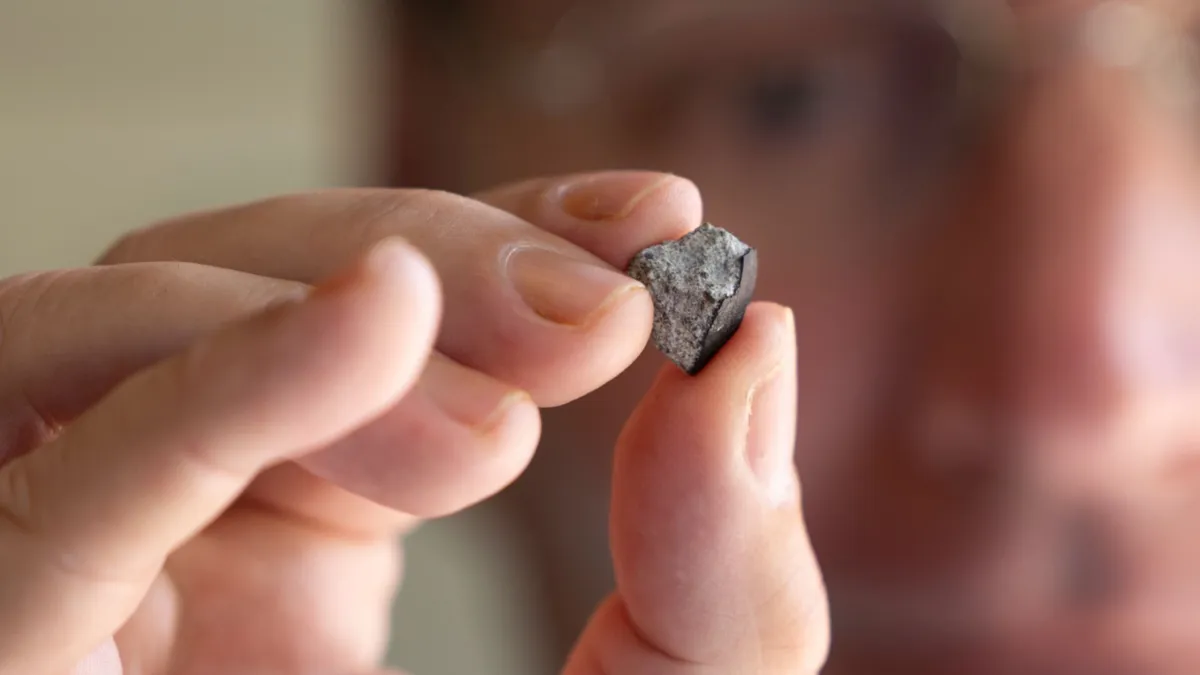
A remarkable discovery unfolded earlier this year when a meteorite that survived its fiery journey through the atmosphere crashed through the roof of a home in Georgia. According to a scientist from the University of Georgia, this meteorite may have formed even before the Earth itself.
On July 26, residents across several southeastern U.S. states were treated to a rare sight: a daytime fireball bright enough to be detected by an orbiting satellite. The celestial event was caused by an ancient asteroid fragment, which withstood the intense friction of atmospheric entry and ultimately collided with a house in McDonough, Georgia. Remarkably, the meteorite impacted just 14 feet (4 meters) from an unsuspecting resident, shattering the floor and leaving a fascinating story in its wake.
Weighing in at 23 grams, the fragmented meteorite—now officially named the McDonough Meteorite—was later transported to the University of Georgia for detailed analysis. Scientists at UGA began examining this intriguing rock to uncover the secrets of its origins. "This particular meteor that entered the atmosphere has a long history before it made it to the ground of McDonough," said UGA researcher Scott Harris. "In order to totally understand that, we actually have to examine what the rock is and determine what group of asteroids it belongs to."
The McDonough Meteorite is believed to be a Low Metal (L) ordinary Chondrite, one of the most ancient forms of rock known to exist in the solar system. According to scientists, this meteorite likely formed approximately 4.56 billion years ago, potentially making it slightly older than our planet. "It belongs to a group of asteroids in the main asteroid belt between Mars and Jupiter that we now think we can tie to a breakup of a much larger asteroid about 470 million years ago," explained Harris.
This cataclysmic event may have shifted the McDonough asteroid into an Earth-crossing orbit, ultimately leading to its collision with the Henry County home. Harris is currently preparing to publish a detailed paper that will explore the composition of the meteorite and provide insights into its atmospheric entry, set to be released later this year.
In an exciting development for science enthusiasts, shards of the McDonough Meteorite will soon be displayed at the Tellus Science Museum in Cartersville, Georgia. This exhibit will give visitors the chance to learn more about this extraordinary celestial object and its fascinating journey from space to Earth.